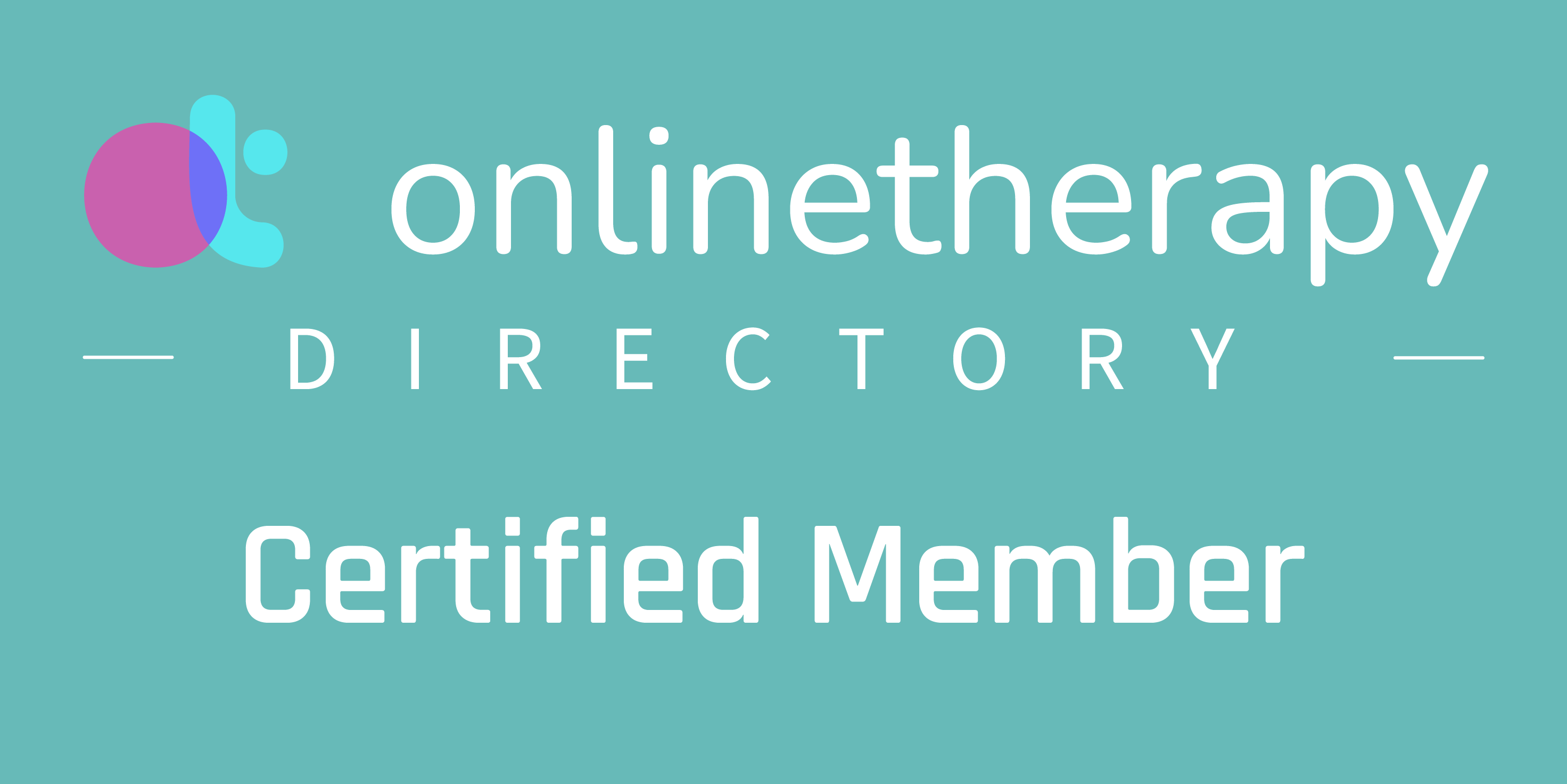
Therapy for Healthcare Providers
Why Are Healthcare Providers a Special Group That May Need Therapy?
Healthcare providers including physicians, nurses, therapists and other professionals are more likely to be exposed to career stress, the suffering of others, and moral injury. Research shows that over half of medical residents are feeling burned out before fully entering their career. With the COVID-19 pandemic the stresses and pressures of being a healthcare provider have only worsened. During the pandemic I worked alongside my medical colleagues in overburdened hospital systems. I am acutely aware that healthcare providers are exposed to vicarious trauma on a daily basis. Many of us feel more than simply burned out – we are experiencing moral injury. We feel listless, numb, disengaged, and drained. Our work experience may have brought back unpleasant personal memories. We may also feel isolated because our experience frequently goes unrecognized. Therapy and coaching can be a way to address these concerns effectively and privately.
What is Moral Injury?
Moral injury is when someone is placed under unusually stressful circumstances and is forced to take actions against their moral code. This tends to cause sadness, loss of hope, feelings of listlessness, and a feeling of disillusionment. Healthcare providers are exposed to moral injury when they are forced into low staffing situations and are required to provide patients less than their best because they simply cannot meet the demand. Being forced to choose between patients or operate against their value systems due to administrative pressures is seen as “just the way it is” but can cause real emotional harm.
What is Vicarious Trauma?
Vicarious Trauma is defined as the "negative effects of caring about and caring for others". It causes change in beliefs about self, world and others due to chronic use of intense empathy Vicarious trauma is not the same as burnout. It can last for longer and mirrors PTSD in some ways.
Symptoms of Vicarious Trauma
A. Feelings:
• drained, burnt out, overloaded
• Anger/Rage
• Apathy/depression/hopelessness
• Loneliness/ detachment
• Experience bystander guilt, shame, feelings of self-doubt
B. Thoughts
• Preoccupied with thoughts of clients outside of your work
• pessimism, cynicism, nihilism – particularly if this is not typical for you
• low job satisfaction
• Challenge basic beliefs of safety, power, trust, esteem, intimacy and control. Feel heightened sense of vulnerability and personal threat
C. Behavior
• cutting others off -staying overly busy, avoiding emotional or physical closeness
• Difficulty maintaining professional boundaries with the client
Loss of motivation to engage in previously enjoyed activities
How Can Therapy Help Healthcare Providers?
Many of us, in our role as caregivers, do not prioritize our own wellbeing. Maybe we know too much about flaws in healthcare, maybe we aren’t used to accepting help, or maybe reaching out for care simply has not been productive. Whatever your experience, I know that contacting a therapist can feel vulnerable. Perhaps it gives you comfort to know I would feel the same way. However, I can say clearly, reaching out is worth it.
There are helpful options to address these concerns. I offer trauma informed treatment for individuals like you. I take a peer-to-peer approach to counseling healthcare providers. I understand that YOU are not disordered or sick –the system that we practice within is causing the problem. I can work with you to come up with meaningful options by exploring your values, your history, future goals and identity. I provide therapy and coaching to healthcare providers in Omaha and across the Nebraska area.
Typical outcomes of Therapy for Healthcare Providers
Those who have received support through my therapy services report increased feelings of freedom, an ability to reconnect with their values, validation of their experience, and an expanded ability to experience positive emotions. Please feel free to reach out for a free consultation.



